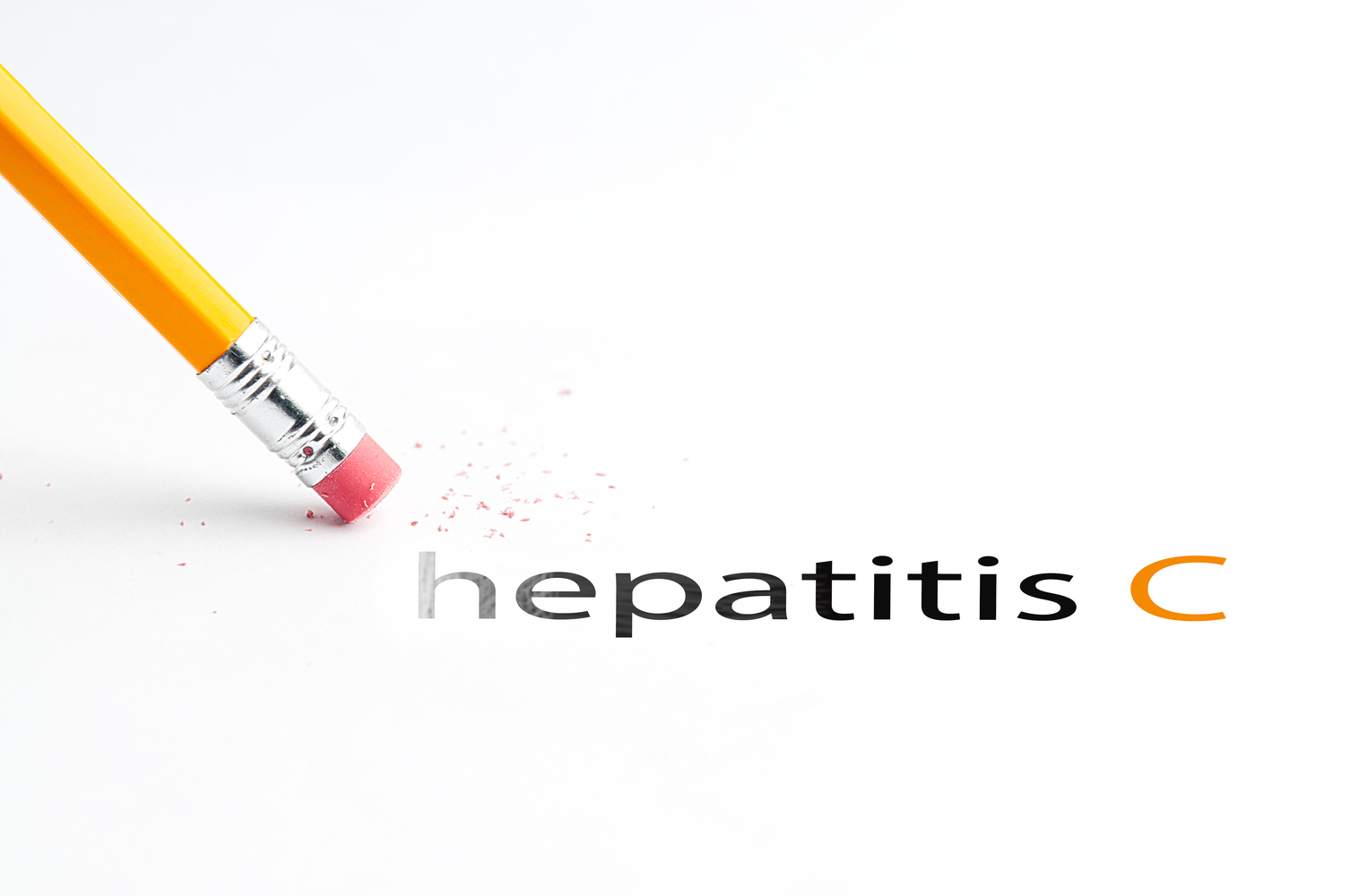
Foods to Avoid for Hepatitis C
Hepatitis C (or hep C) is a liver infection caused by the HCV virus, which over time damages the liver and the manner in which it functions. Many people have HCV infection but do not know since symptoms may be mild at the start. The infection spreads from one person to the other through body fluids like blood (i.e., sharing needles or tattoos with unsterile equipment).
Hepatitis C takes about 2 weeks and 6 months before the virus manifests in symptoms of fatigue, fever, dark urine, joint pain, nausea, stomach pain, itchy skin, sore muscles and jaundice. While doctor care is imperative, certain foods should also be avoided for patients with hep C:
1. Salty foods
Salt is crucial for your body, but too much of it can affect your body, and so the diet should be regulated to ensure no high percentage of sodium compounds since it triggers fibrosis. Therefore, you should forget the temptation of taking the shaker because it might add more harm to the body. Salty foods are risky for individuals with high fluid accumulation in the legs and the belly because they will stimulate the growth of Hepatitis C. Salt reacts quickly, and so early warning symptoms of hepatitis C hep C will be seen.
2. Sugary foods
Sugar serves as a sweetener in many foodstuffs, and taking them more frequently would affect the liver because its role is to transform sugar into fats. The more sugary foods you consume, the more work the liver does, and the fats hang around it triggering the development of liver diseases like Hepatitis C because they stress the organ. The sugary foods are good and should be consumed occasionally, but with a degree of control.
3. Packaged snack foods
When you walk to the vending machine, you should be sensitive to the snacks to buy. Foods like chips as well as the baked stuff because they have a lot of sugar. You should try to cut on these foodstuffs, and instead replace them with other liver-friendly foods like apples, sugar snap peas as well as nut butter, and you will avoid the early warning symptoms of hepatitis C hep C.
4. Excessive alcohol
Alcohol is good for refreshing your body, but it should happen occasionally. If it is done frequently, it overworks the liver because it stops other crucial bodily roles to break down the beverage. This stresses the organ, and it begins to fail, and you are likely to get liver fatty, and this is a sign of a serious infection. Alcohol can have some bacteria that will run through the canal, and once it reaches the liver, it can cause more damage, and so instilling conditions like Hepatitis C.
5. Raw shellfish
Oysters and shellfish may have some bacteria that can introduce some infections, and the result is more severe if you have other liver problems. Therefore, Hepatitis C will hit you harder.


